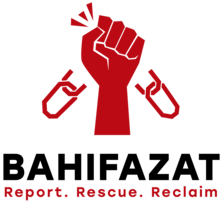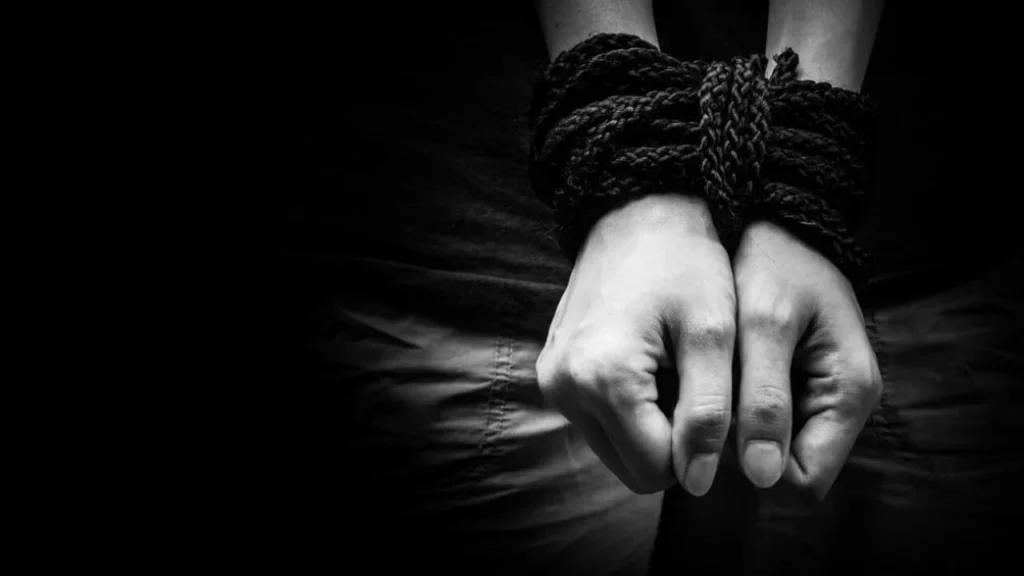In Pakistan’s shadowy underworld of human trafficking, women and children are disproportionately targeted, accounting for over 70% of victims. Their vulnerability stems from entrenched gender inequality, economic deprivation, and cultural norms that silence their voices.
For women, trafficking often begins with false promises of employment or marriage. Many end up in forced labor—toiling in brick kilns, farms, or homes—or trapped in commercial sexual exploitation. Children, particularly girls from impoverished families, are sold into domestic servitude or forced begging rings. Boys are not spared either; many are coerced into hazardous work in factories or smuggled abroad for organ trafficking.
Cultural stigma plays a significant role in perpetuating this cycle. Families may avoid reporting missing daughters due to fears of “dishonor,” while victims who escape rarely speak out, fearing blame or rejection. Legal frameworks exist but are poorly enforced. Pakistan’s 2018 Anti-Trafficking Law criminalizes all forms of trafficking, yet convictions remain rare due to corruption and victims’ reluctance to testify.
Umeed-e-Nau addresses these challenges head-on. They provide safe shelters where survivors receive medical care, legal aid, and vocational training. Their advocacy campaigns challenge societal norms, urging communities to view victims as survivors deserving of empathy, not shame. By partnering with schools, they teach girls self-defense and digital literacy to reduce isolation.
Empowering women and children requires dismantling systemic inequities. Investments in education, poverty alleviation, and gender-sensitive policies are critical. Until then, Umeed-e-Nau’s work ensures that the most vulnerable are not forgotten.


